5 Populist Candidates That Preceded Donald Trump
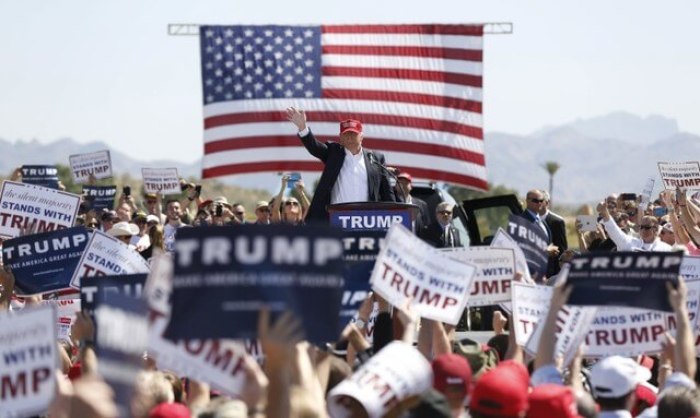
One of the greatest surprises of the 2016 presidential campaign season thus far has been the strong electoral showing of Donald Trump.
The frontrunner of the Republican primaries, Trump is considered a serious contender not only for the GOP nomination but, some believe, also the general election.
While many have struggled to explain his popularity, some have posited that it stems from a brand of populism.
"Indeed, the best explanation of Trump's surprising success is that the constituency he has mobilized has existed for decades but the right champion never came along," wrote Michael Lind in Politico Magazine last month.
"What conservative apparatchiks hate about Trump — his insufficient conservatism — may be his greatest strength in the general election. His populism cuts across party lines like few others before him."
Trump is by no means the first candidate to be considered a populist. Below are five past presidential hopefuls who were described as populists.
Unfortunately for Trump, when it comes to comparing him to these past politicians all but one of them failed to become president.
1. Andrew Jackson
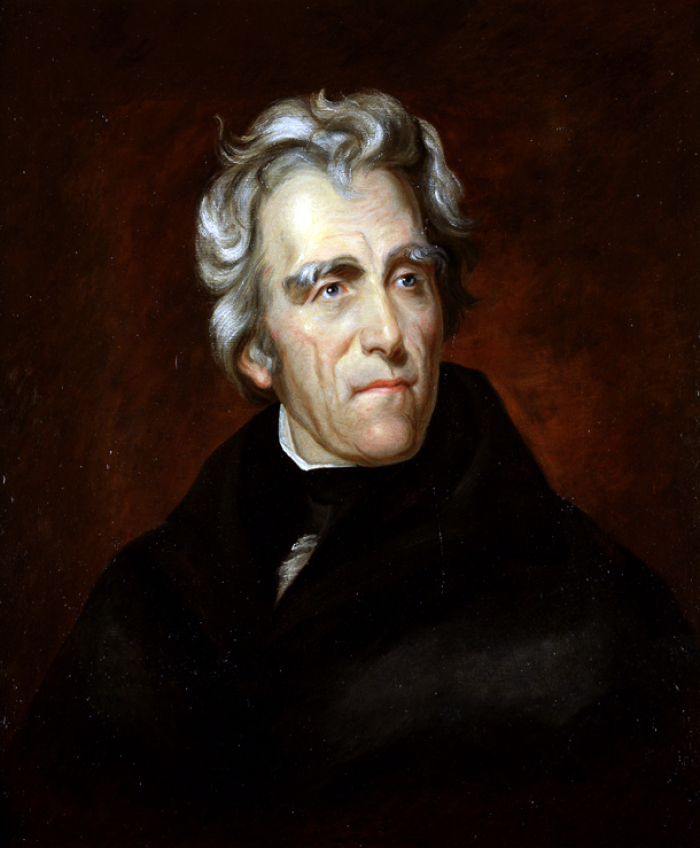
A controversial figure who eventually ended up on the $20.00 bill, Andrew Jackson was a very popular public figure during the early nineteenth century among working class voters.
"Jackson embodied the ideal of the self-made American man, and his populist appeal lay in his message of inclusion against what he characterized as entrenched establishment interests," noted PBS.
"He frustrated the professional politicians of Congress with his insistence that any man should be able to hold elected (or appointed) office and by his forceful and effective use of the presidential veto and bully pulpit."
Jackson served as president from 1829 to 1837. While politically successful, many in the modern day hold a negative opinion of him for his notoriously violent demeanor and poor treatment of Native Americans.
2. William Jennings Bryan
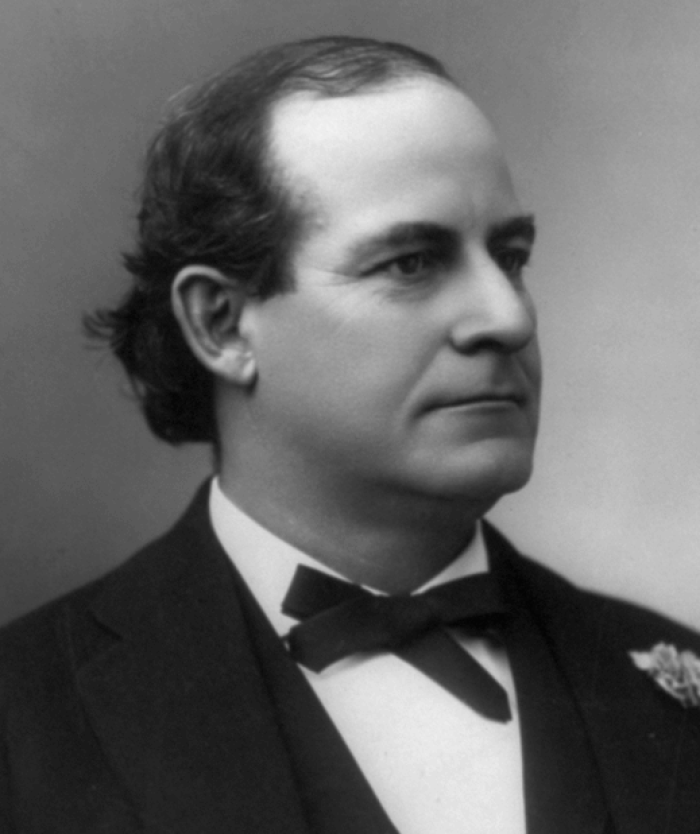
Before he famously defended an anti-evolution law in the Scopes Monkey Trial of 1925, William Jennings Bryan was a presidential candidate.
The passionate orator was the only man on this list whose populist label came with a capital "P," serving as the figurehead for the Populist Party.
This movement advocated for the interests of working class individuals, especially farmers, against upper class business interests.
"Bryan electrified the 1896 Democratic convention with his stirring Cross of Gold speech favoring free silver and thereby captured the presidential nomination," explained history.com.
"Also nominated by the Populists, Bryan agreed with their view that government should protect individuals and the democratic process against monopolistic corporations."
Despite running for president in 1896, 1900, and 1908, Bryan never won a presidential election. He eventually served as Secretary of State for the Woodrow Wilson administration.
3. George Wallace
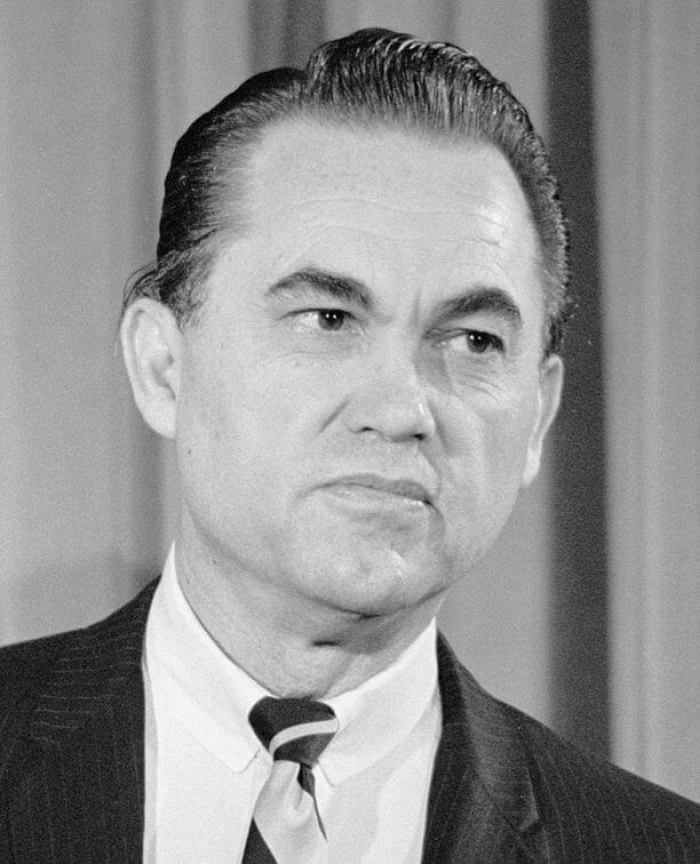
In 1968, Alabama Governor George Wallace ran as a third party candidate for president, having failed to secure the nomination in the Democratic Party.
Wallace centered his campaign on the anger of working class southern whites, with a platform that supported racial segregation and opposed civil rights.
As the Economist noted in a piece Wallace published days after his death in 1998, some considered him a "populist" while others considered him a "demagogue."
"His chosen villains were liberals, communists, and 'pointy-headed' intellectuals. His was the message of America's poor farmers and factory workers being crushed by big government in Washington; of the common people against the elites," noted the Economist.
Wallace would lose in 1968 and when he attempted another run for the White House in 1972 was shot and nearly died of his wound.
4. Pat Buchanan
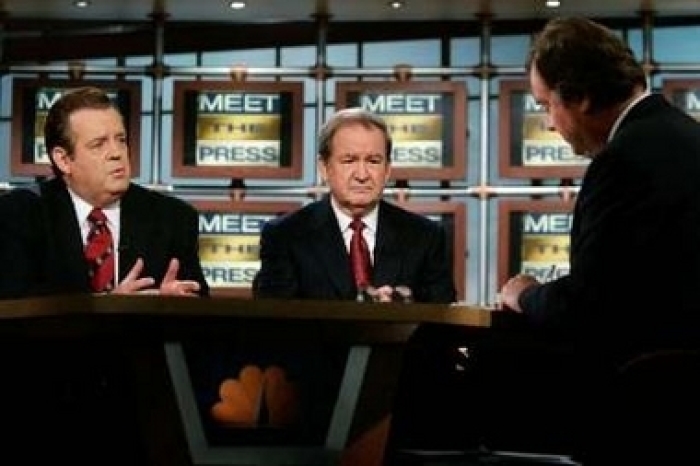
A former aide to three Republican administrations, conservative pundit and writer Pat Buchanan had his own efforts to become president.
During a failed campaign to become the Republican nominee in 1996, Steven Stark of the Atlantic argued that Buchanan "has the most potential to change our politics."
"His campaign is testing the viability of hard-right-wing populism, which, given the unchecked erosion of middle-class wages and living standards, may be the shape of politics to come," wrote Stark.
"Buchanan's hope is to unite the disparate and often contradictory forces that constitute what is left of populism — under the banner, no less, of the Republican Party, the traditional home of those established interests that populism has usually fought."
In 1999 Buchanan left the Republican Party for the Reform Party, whose ticket he ran on during the 2000 presidential election.
5. John Edwards
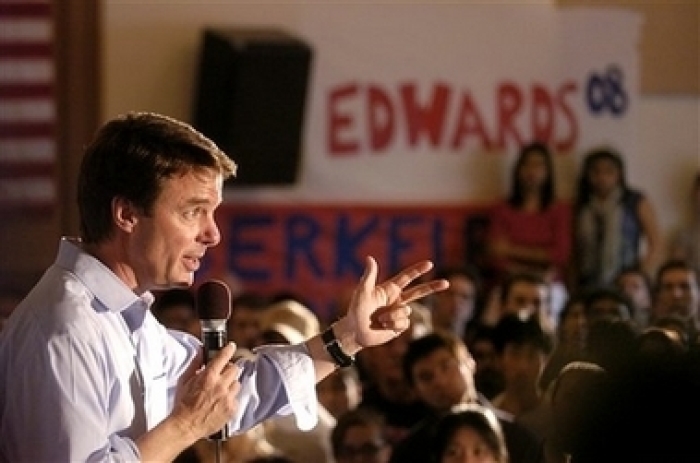
U.S. Senator John Edwards of North Carolina campaigned to get the nomination for the Democratic Party in 2004 and 2008, losing both times.
During the 2004 campaign he commonly declared that he believed "that the son of a mill worker can beat the son of a president any day."
In 2007 while campaigning in Iowa, Edwards was noted for his populist rhetoric aimed at the political left of the working class voters.
"I think there are powerful interests in Washington DC …. The entire system is rigged, and it's rigged against you …. From insurance companies to drug companies to oil companies, those people run this country now …. And I think you got to take them on and beat them," said Edwards.
"The idea that they are going to voluntarily give away their power ... that will never happen …. They have billions of dollars invested in making sure there is no change, that the system continues exactly like it's continuing today."





























